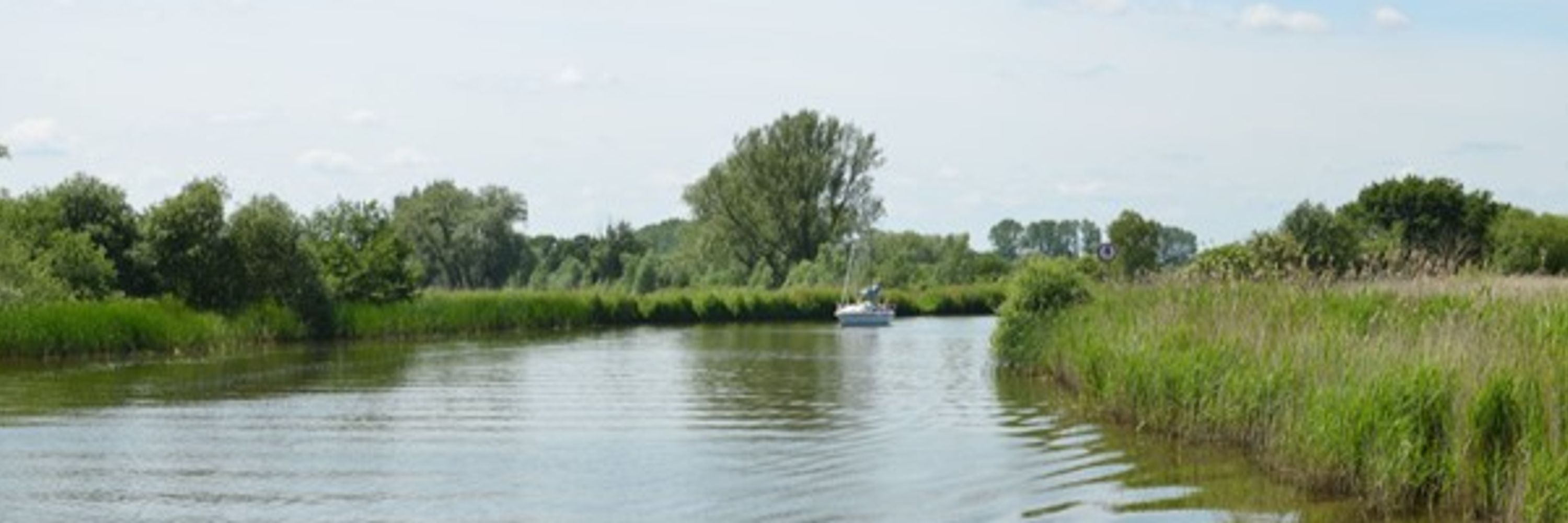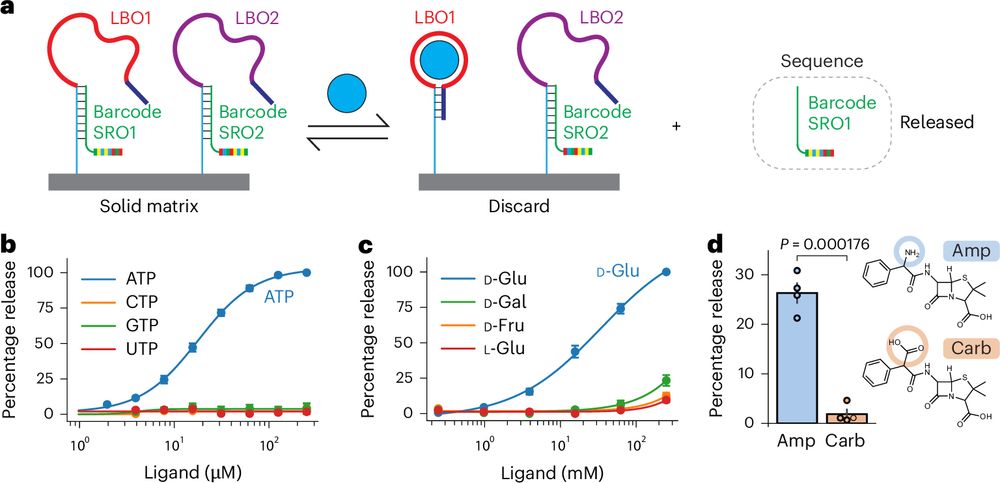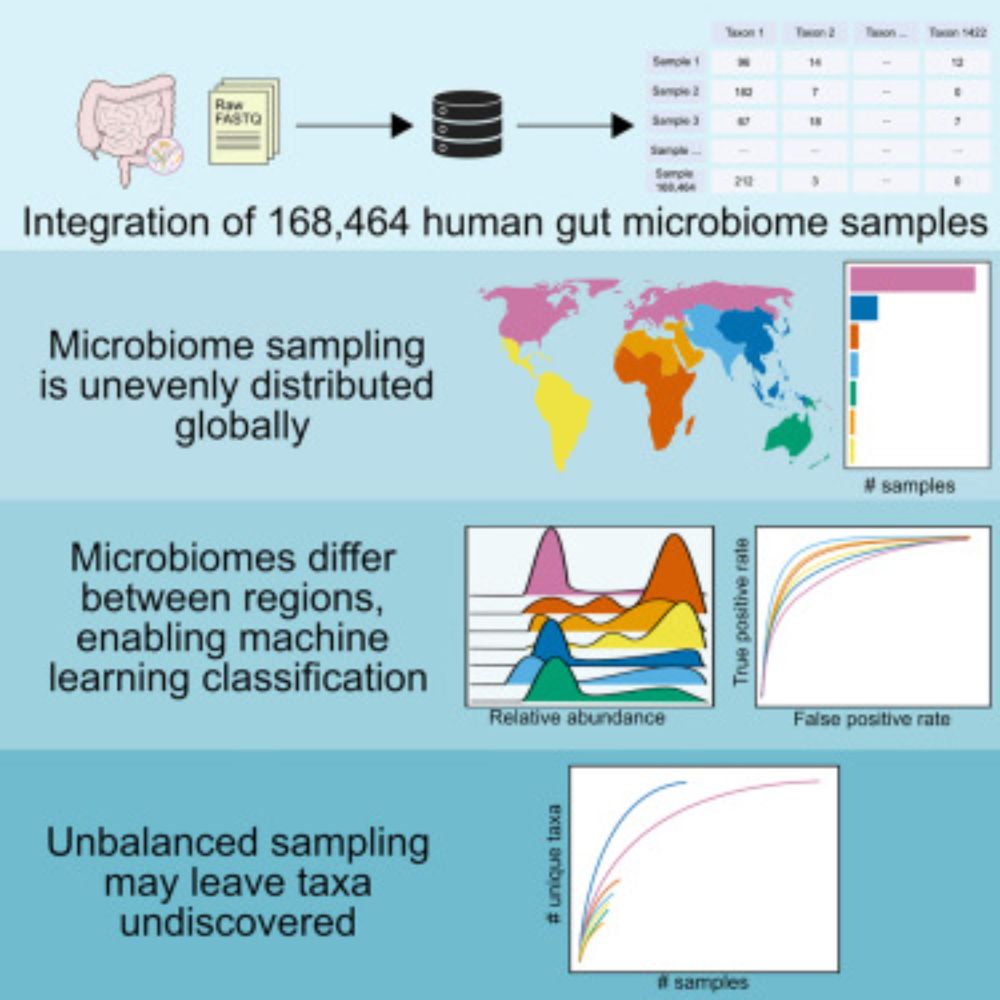
Carbohydrates, natural products and biotechnology.
Read the interview here:
news.stanford.edu/stories/2025...
#CarbonCapture #climate #EnergyEfficiency

Read the interview here:
news.stanford.edu/stories/2025...
#CarbonCapture #climate #EnergyEfficiency
marie-sklodowska-curie-actions.ec.europa.eu/actions/post...
marie-sklodowska-curie-actions.ec.europa.eu/actions/post...
rdcu.be/d8xLv (1/6)

rdcu.be/d8xLv (1/6)
By analyzing this massive dataset, we discovered distinct microbiome patterns across the globe, and show we can predict where a person lives just from their gut bacteria
Now out in Cell:
www.cell.com/cell/fulltex...

By analyzing this massive dataset, we discovered distinct microbiome patterns across the globe, and show we can predict where a person lives just from their gut bacteria
Now out in Cell:
www.cell.com/cell/fulltex...


